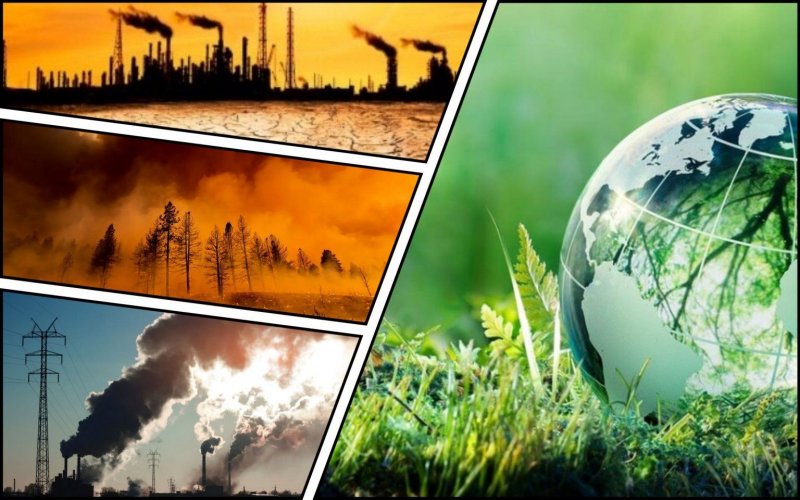A risk assessment by the European Environment Agency (EEA) has shown that Europe is not prepared for rapidly increasing climate risks, including increased forest fires, extreme weather, etc.
Some climate risks have already reached a critical level, while others, without decisive action, could reach such a level, or even catastrophic, by the end of the century, The Guardian reports.
The report emphasized that additional action is needed to address half of the 36 significant climate risks with potentially serious consequences. Another five risks require urgent action.
"Our new analysis shows that Europe is facing urgent climate risks that are growing faster than our society's preparedness," said EEA Executive Director Lina Julja-Mononen.
It is noted that the most relevant risks that are increasing are:
- heat stress;
- flash floods;
- threat to the health of coastal and marine ecosystems;
- the need for solidarity funds for disaster recovery;
- destruction of crops;
- forest fires that threaten people and nature.
According to climate change expert Robert Biesbrook, the pace of adaptation to these risks is not fast enough.
The report also warned that cascading risks are being underestimated in Europe. Such hot weather will dry out southern Europe, killing crops and reducing water supplies, increasing the risk of wildfires. In addition, soils will harden due to the heat, increasing the likelihood of flash floods.
"Risks are simply outpacing policy development," said the head of the impact and adaptation group EA Blazh Kurnik.
It is noted that Europe has warmed more than any other continent since the Industrial Revolution. In addition, due to emissions from fossil fuels, the continent's heating rate is twice the global average.
Earlier, EcoPolitic wrote, that according to the EU climate and weather monitoring service Copernicus, in February the average temperature exceeded the pre-industrial period by 1.77°C and reached a new historical record.
As EcoPolitic previously reported, a report by the International Energy Agency showed that in 2023, energy-related carbon dioxide emissions increased by 1.1% to 37.4 billion tons and reached a record level.





